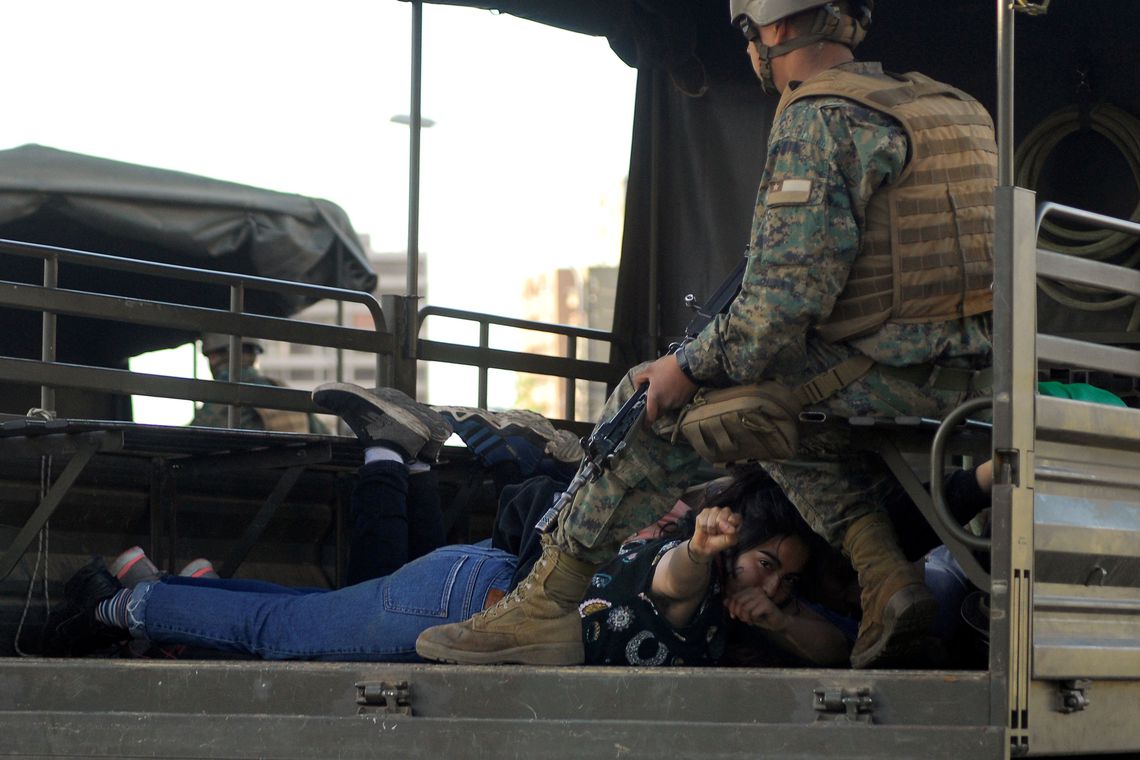Denouncements of torture and sexual violence intensify in Chile and Ecuador
Organisations are calling for UN and OAS human rights protection mechanisms to take a stand against the violations

Denouncements claiming that police officers, military staff and other agents of the state are practicing serious human rights violations such as torture, sexual violence and arbitrary imprisonment against protesters in Chile and Ecuador have been intensifying since state of emergency was declared in each of the countries.
In a letter, in response, 140 Latin American civil society organisations have called for UN (the United Nations) and OAS (Organisation of American States) human rights protection mechanisms to take a stand regarding the strengthening of extraordinary measures and the suspension of rights in the two countries.
In addition, they request an immediate end to the state of emergency and to the presence of armed forces on the streets. They also reiterate the obligation of states to investigate deaths and violations and not to criminalise protests.
According to the organisations “adopting extraordinary measures in response to social conflict poses a threat to rule of law.”
Background
In Ecuador, President Lenín Moreno declared a state of exception on 4 October in order to repress a series of protests against the austerity measures adopted by his government following negotiations with the IMF (International Monetary Fund) This stance is in an attempt to reduce state spending.
The withdrawal of fuel subsidies sparked demonstrations. The country has the second highest fuel prices in South America, the highest being in Venezuela.
Following the decree, Moreno mobilised the armed forces, suspended the right to freedom of association and assembly and restricted freedom of transit for 24 hours. According to data from the Ecuadorian Ombudsman, police and military repression has led to the deaths of eight people, with 1340 wounded and 1152 in jail.
The curfew was lifted on 14 October, but over the following days the criminalisation of political and social leaders increased and the number of denouncements for rights violations, recorded for detentions intensified.
In Chile, the protests were triggered by an increase in the metro fare on 17 October. After two days of intense demonstrations during which buses and metro stations were torched and vandalised, the Chilean president, Sebastián Piñera announced that the hike in fares would not go ahead.
Despite this, the president declared a state of emergency and a curfew in a number of regions and locations, including the capital. Next, armed forces started to violently repress demonstrations. According to the National Institute for Human Rights (INDH), by 27 October, 19 people had died; 3193 were detained, some of whom are children and teenagers and at least 570 had been shot.


